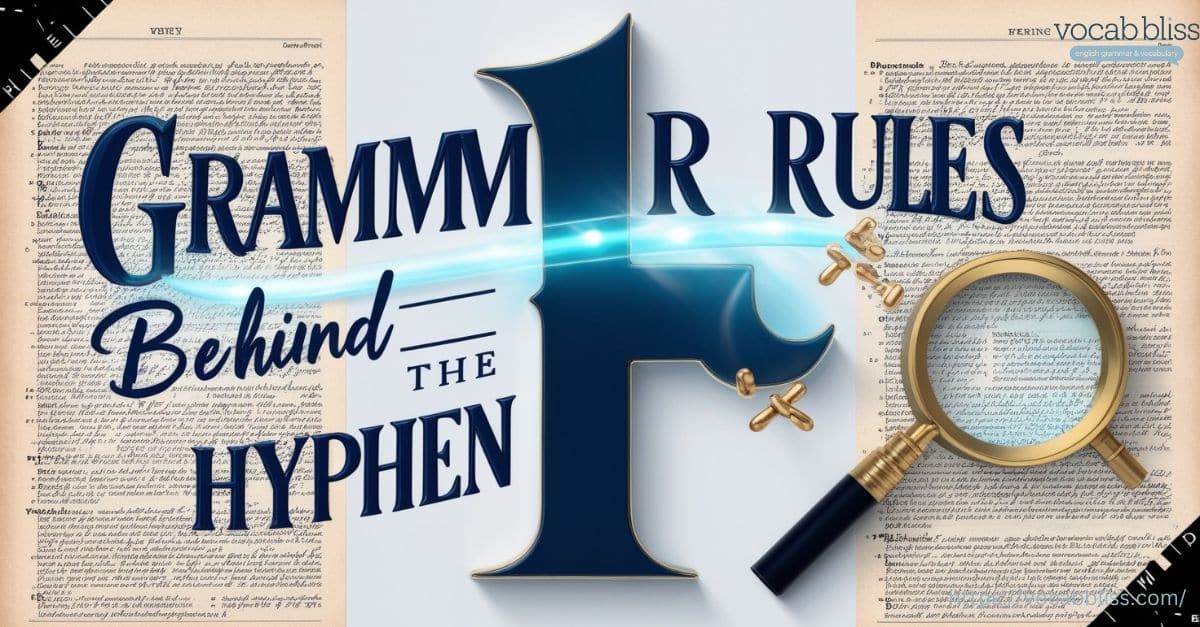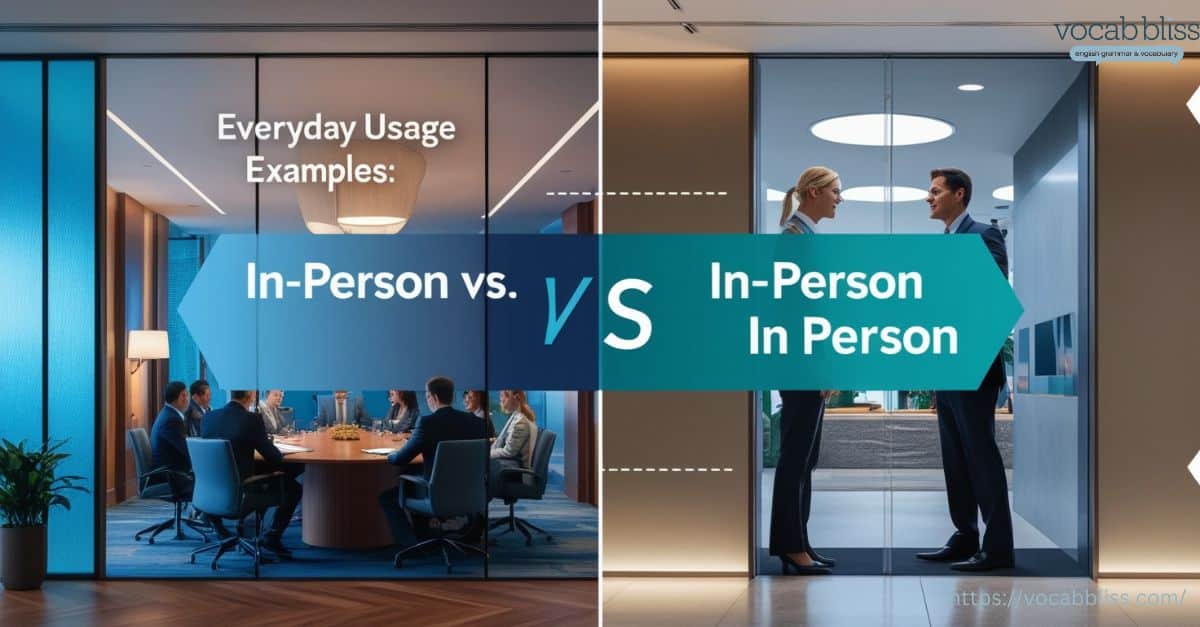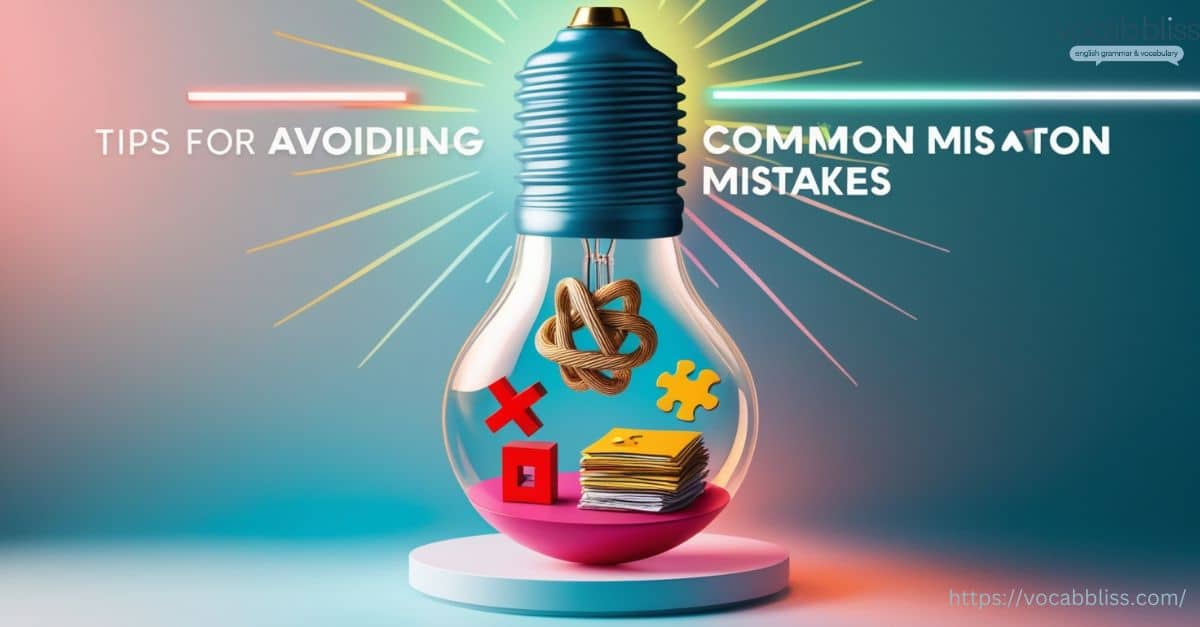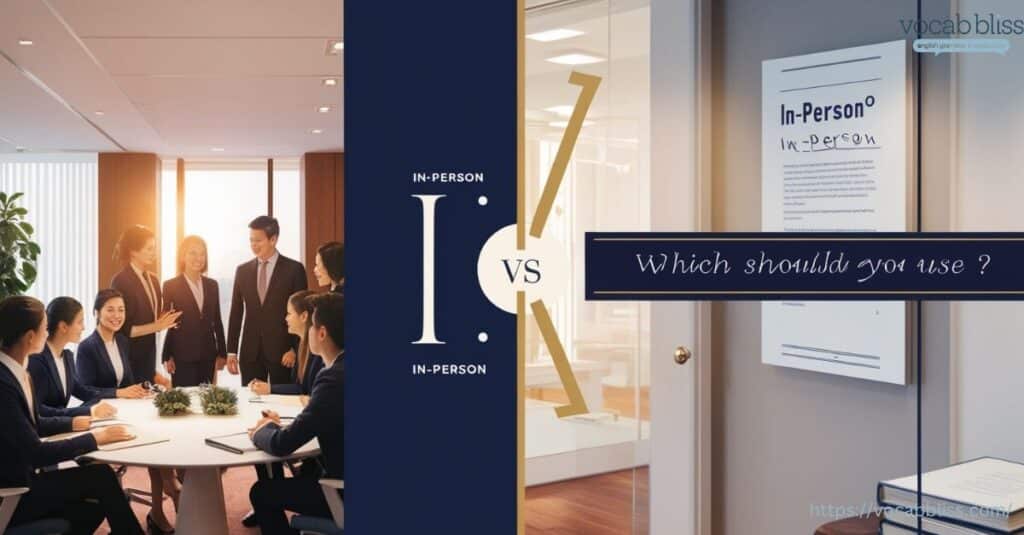When it comes to writing well, the words one chooses can be crucial. In fact, most writers struggle with whether to use in person or in-person in their sentences. Although they sound similar, the two words are used differently.
In this guide, we’ll explain the meaning of both terms, show you how they’re used, and provide practical advice on how you can get it right.
Quick Summary
There should be a sense of the differences between in person or in-person when it comes to clear and exact communication. An adverbial phrase is that which is made up of two words: “in person“. It is descriptive of actions taken with a present body, and in-person refers to an adjective that modifies a noun, detailing activities or events that must happen face-to-face. The use of the hyphen makes such compound adjectives clear. Avoid making mistakes by asking whether the phrase is modifying a noun or describing an action and then following simple rules for hyphenation. Practice these distinctions so that your writing is both grammatically correct and easy to understand.
Explore further: Ignitor Or Igniter: When & Where to use?
The Basics of In Person or In-Person
In-person or in person is a term that requires an understanding of the grammatical roles of both and how they function in sentences. Each serves a different purpose, and knowing these differences will help you use them correctly.
What Does In Person Mean?
In person is an adverbial phrase that refers to the fact that someone is there in a specific location. The word emphasizes being in real life rather than appearing through a representative, virtually, or through any other medium.
Definition and Role
- Part of Speech: Adverbial phrase
- Role: Modifies verbs to describe the manner of attendance or interaction.
Contexts Where It’s Most Appropriately Used
- Attending Events:
- “She attended the wedding in person, not through a video call.”
- Conducting Business:
- “He signed the contract in person at the office.”
- Educational Settings:
- “Students benefit more from participating in person rather than online.”

In person is perfect for describing actions where physical presence is a key factor.
What Does In-Person Mean?
In-person functions as an adjective and is always hyphenated. It is used to describe nouns, usually referring to events, interactions, or experiences that involve face-to-face participation.
Definition and Function
- Part of Speech: Adjective
- Function: Modifies nouns to clarify that the subject involves physical presence.
Clear Examples to Illustrate Usage
- Business Scenarios:
- “We scheduled an in-person interview to assess the candidates better.”
- Educational Settings:
- “The university offers both online and in-person classes.”
- Events and Gatherings:
- “The conference organizers preferred hosting an in-person event to encourage networking.”
Adding the hyphen ensures clarity, especially in professional or formal contexts, where precision is critical. It answers the question, “What type of interaction or event is being referred to?”
Grammar Rules Behind the Hyphen

Hyphens may appear to be very small marks, but they bear much responsibility in maintaining clarity and accuracy in writing. In terms like In Person or In-Person, the hyphen becomes significant in determining what is grammatically appropriate. Let us see why words need hyphens, compound adjectives that require hyphens, and common mistakes that should be avoided.
Why Some Words Require a Hyphen While Others Don’t
The use of hyphens depends on whether the words work together as a single modifier for a noun:
- With Hyphen (e.g., in-person):
A hyphen is required when two or more words combine to form a single descriptive unit modifying a noun. For example, “in-person meeting” clearly indicates the type of meeting. - Without Hyphen (e.g., in person):
When the words do not directly modify a noun and instead act as a phrase, no hyphen is needed. For example, “She attended the meeting in person.”
The key distinction lies in whether the words are acting collectively as an adjective or separately within a sentence.
The Role of Hyphens in Creating Compound Adjectives
Compound adjectives occur when two or more words are combined to describe a noun. The hyphen ensures the reader understands the words as a single unit. For example:
- Correct: “The workshop is an in-person event.”
- Incorrect: “The workshop is an in person event.”
Why This Matters:
Without the hyphen, the sentence might confuse the reader or have a different meaning. Consider this example:
- “Small business owner” (no hyphen needed; “small” describes “business”).
- “Small-business owner” (hyphen clarifies that “small-business” is a single descriptive term).
Using hyphens in compound adjectives eliminates ambiguity and ensures smooth readability.
Common Pitfalls and Misconceptions Regarding Hyphenation
Even seasoned writers can stumble when it comes to hyphens. Here are a few common mistakes and how to avoid them:
1. Using Hyphens Incorrectly for Adverbs
- Incorrect: “A highly-skilled professional.”
- Correct: “A highly skilled professional.”
Adverbs ending in “-ly” should not be hyphenated with the word they modify.
2. Forgetting to Use Hyphens in Compound Adjectives
- Incorrect: “An in person meeting was scheduled.”
- Correct: “An in-person meeting was scheduled.”
3. Overusing Hyphens
Hyphens are not needed for common compound nouns that are already widely recognized as single words, such as “bookkeeper” or “teammate.”
Quick Tip:
When in doubt, consider whether the words together modify a noun. If yes, use a hyphen. If not, leave it out.
Side-by-Side Comparison
Understanding the difference between in person or in-person becomes much easier when you analyze their roles and meanings side by side. This section breaks down their usage and highlights how context determines their application.
Key Differences Between in person or in-person
- Grammatical Role:
- In person functions as an adverbial phrase, modifying verbs to describe how an action is performed (e.g., physically present).
- In-person is an adjective, modifying nouns to indicate that something involves physical presence or face-to-face interaction.
- Usage in Sentences:
- In person:
- “She prefers to handle negotiations in person rather than via email.”
- In-person:
- “The company requires employees to attend an in-person training session every quarter.”
- In person:
- Meaning Changes Depending on Context:
- Without the hyphen, in person emphasizes being physically present in a location or event.
- With the hyphen, in-person describes specific events, meetings, or activities that necessitate face-to-face participation.
Quick Reference Table for Usage
Here’s a concise table to clarify the differences between in person and in-person:
| Aspect | In Person | In-Person |
|---|---|---|
| Part of Speech | Adverbial phrase | Adjective |
| Describes | Action or manner | Noun |
| Placement in Sentence | After the verb it modifies | Before the noun it modifies |
| Example Sentence | “I met the manager in person.” | “We had an in-person meeting yesterday.” |
| Purpose | Indicates physical presence | Describes events/activities involving face-to-face interaction |
Everyday Usage Examples

One knows when to use in-person vs in person because of real examples. Now let’s talk about some examples on how the first is generally more appropriate for every situation with accompanying sample sentences for better contrast:.
Common Scenarios Where In Person Is Correct
In person is used when the emphasis is on someone’s physical presence rather than virtual or representative attendance. It often answers the question: How was something done?
Attending Events, Meetings, or Interviews
- Casual Usage:
- “I finally met my online friend in person last weekend.”
- “It’s always better to see a house in person before making an offer.”
- Professional Usage:
- “The CEO prefers to conduct important negotiations in person to build rapport.”
- “We recommend submitting your application in person at the front desk.”
In these contexts, in person clarifies that the action involved actual physical presence.
When to Use “In-Person” Instead
In-person is ideal when you need to describe events, appointments, or interactions that require face-to-face involvement. It modifies nouns to specify the type of activity or meeting.
Modifying Nouns Like “Meeting,” “Appointment,” or “Interaction”
- Casual Usage:
- “Let’s set up an in-person coffee date to catch up properly.”
- “The club hosts an in-person event every Friday night.”
- Formal/Professional Usage:
- “The company is transitioning from remote work to mandatory in-person meetings twice a week.”
- “We’re hosting an in-person training session to onboard new hires.”
By hyphenating the phrase, in-person ensures that the modified noun directly reflects the idea of face-to-face interaction.
Quick Tip for Everyday Usage
If you’re talking about the manner of someone’s presence, use in person. When describing the type of event or interaction, opt for in-person.
These examples showcase how to apply these terms seamlessly in both casual and professional scenarios, making your writing more precise and polished!
Tips for Avoiding Common Mistakes

Getting the right use of in-person or in person is easy once you know the rules. However, it’s easy to slip up, especially when it comes to deciding whether or not to use a hyphen. Here are some straightforward strategies and a checklist to help you avoid common mistakes.
Simple Strategies to Determine Whether a Hyphen Is Needed
- Ask if the Phrase is Modifying a Noun
- If the combination of words is describing or modifying a noun (like “meeting,” “event,” or “training”), use the hyphen to form in-person.
- Example: “We’re having an in-person meeting tomorrow.”
- If the phrase is not modifying a noun and instead describes an action (verb), don’t use the hyphen, and stick with in person.
- Example: “He prefers to handle business in person.”
- If the combination of words is describing or modifying a noun (like “meeting,” “event,” or “training”), use the hyphen to form in-person.
- Check if It’s Part of a Compound Adjective
- Compound adjectives require hyphens to clarify that multiple words are functioning together as a single descriptive unit.
- Example: “We scheduled an in-person interview for next week.”
Without the hyphen, it would be unclear whether “in” and “person” are meant to act together or separately.
- Example: “We scheduled an in-person interview for next week.”
- Compound adjectives require hyphens to clarify that multiple words are functioning together as a single descriptive unit.
- Look for Adverbs Ending in “-ly”
- If the phrase includes an adverb ending in -ly (like “quickly” or “easily”), you should never hyphenate it with the adjective.
- Example: “The highly skilled surgeon performed the procedure.”
- Avoid: “The highly-skilled surgeon performed the procedure.”
- If the phrase includes an adverb ending in -ly (like “quickly” or “easily”), you should never hyphenate it with the adjective.
- If You’re Modifying a Verb, No Hyphen Needed
- When using the phrase in person to describe how something is done (the action), the hyphen isn’t needed.
- Example: “I met the client in person.”
The phrase tells how the meeting happened (in a physical, face-to-face manner), but it’s not modifying a noun directly.
- Example: “I met the client in person.”
- When using the phrase in person to describe how something is done (the action), the hyphen isn’t needed.
A Checklist for Self-Editing in Writing
Use this checklist when reviewing your writing to make sure you’re using in person or inperson correctly:
- Is the phrase modifying a noun?
Yes: Use in-person (e.g., in-person meeting).
No: Use in person (e.g., “I’ll be there in person”). - Is the phrase describing a manner of action?
Yes: Use in person (e.g., “He met me in person”).
No: Check the noun it’s modifying to decide. - Does the phrase include an adverb ending in “-ly”?
Yes: Don’t use a hyphen (e.g., “highly skilled”).
No: Proceed with the hyphen if modifying a noun. - Is the phrase part of a compound adjective modifying a noun?
Yes: Use in-person (e.g., in-person event).
No: Use in person. - Double-check the context
If unsure, pause and think about whether you’re describing an event/meeting (in-person) or explaining an action (in person).
Conclusion
Mastering the difference between in person vs in-person is essential for clear communication. Remember:
- Use in person when describing physical presence.
- Use in-person to modify nouns.
By following these guidelines, you’ll write with confidence and precision. Whether it’s a casual conversation or a professional setting, knowing when to use these terms can make all the difference.
For those learning English or refining their writing, understanding the difference between in person and in-person ensures your grammar is polished and professional. So next time you plan an in-person meeting or attend an event in person, you’ll know exactly which term to use!
Frequently Asked Questions
- What’s the difference between in person and in-person?
The main difference lies in their grammatical roles. In person is an adverbial phrase, while in-person is an adjective.
- Is it attendance in person or attendance in-person?
The correct phrase is “attendance in person” because it describes how someone is attending.
- What is the meaning of in person?
It means being physically present at a location or event.
- What does Can I meet you in person mean?
This question asks if it’s possible to meet face-to-face rather than virtually.
- Why do some people confuse we in person with we’re in person?
This confusion arises from grammatical errors or typos. “We in person” is incorrect; “we’re in person” is a contraction of “we are in person.” - Is in person hyphenated?
No, in person is not hyphenated when used as an adverbial phrase.
Dive Deeper:
- Inclosed or Enclosed: The Right Choice for Your Writing
- Up to Date or Up-to-Date: Which One Fits?
- Miner vs Minor: Understanding the Difference
- Skull or Scull: Exploring the Critical Differences
- Hayday or Heyday: Which Term is Correct to Use?

Jorge Phillips is an experienced blogger who writes for Vocab Bliss, sharing his passion for the English language. With a knack for simplifying complex grammar rules and a focus on commonly confused words, Jorge helps readers navigate the nuances of English with ease. His insights aim to make learning engaging and practical.







